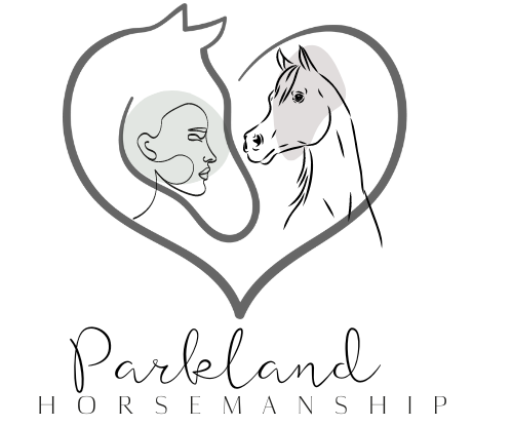Equine Assisted Therapy (EAT) is an emerging therapeutic intervention. More research needs to be completed, but evidence of success in treating PTSD and other mental health disorders have already been seen with this form of therapy.
Interacting with horses offers patients both sensory and experiential learning experiences, aiding them with emotional regulation, fostering reflection and strengthening communication.
Trauma Resilience
Trust can be difficult for individuals who have suffered trauma. Horses, as prey animals, are highly sensitive to their surroundings and can sense fear or anxiety from humans (interoception). Interacting with horses safely in a supervised setting may help individuals learn how to regulate their emotions by cultivating empathy and practice building trustful relationships.
Additionally, the physical nature of EAT (riding and caring for horses) provides opportunities to strengthen fitness, balance, and coordination – which may prove especially helpful for individuals living with autism or cerebral palsy.
Equine Assisted Therapy is a nonverbal and experiential modality, supporting ventral vagal engagement of the nervous system and increasing capacity for connection and intimacy. Furthermore, relationship building between clients and horses may increase self-efficacy and mastery due to horses mirroring client actions and body language back with similar reactions and behavior, thus building confidence and self-esteem.
Relationships
Horses have an immensely soothing presence and often give people a sense of “belonging”. Interacting with horses in a controlled and safe environment is believed to help individuals learn how to build trust and foster empathy – skills which could carry over into other relationships such as those between family members or close friends.
Equine therapy can assist people in becoming aware of self-defeating thoughts and behavior patterns that contribute to mental or physical health challenges, and then using this knowledge to alter them.
Equine assisted therapy (EAP) may bring many advantages, yet not everyone is suitable to participate. A variety of factors could limit participation such as fear of large animals or experiencing animal abuse firsthand; only an experienced mental health provider or EAP specialist can determine whether this form of therapy would work well for your loved one or yourself.
Self-Esteem
People who find it challenging to express themselves in human relationships may benefit from developing a bond with a horse as an opportunity to practice vulnerability and trust without judgment from others, ultimately leading to improved self-esteem and stronger bonds between individuals.
Horses are skilled observers that can detect and respond to movement and emotions without judgment, offering clients the possibility of mirroring their behaviors and emotions for easier processing than talking directly about their troubles.
Research may not support it yet, but equine therapy has been shown to enhance cognitive skills, reduce stress and depression symptoms, ease PTSD symptoms and boost confidence and self-esteem in individuals. Before embarking on this form of therapy it’s wise to consult your physician or therapist as this type can interfere with spinal stability in some circumstances – in addition, riding horses may make parting ways difficult when you develop an emotional attachment to one.
Self-Awareness
Spending time with animals has long been known to benefit mental health. Pets in particular have been linked with lower blood pressure, improved cholesterol and triglyceride levels, reduced loneliness or isolation and overall improved wellbeing. Horses offer unique therapeutic support for those living with anxiety or PTSD; providing an experience which improves mental, emotional and physical well-being through horse programs.
Horses are keen observers, taking notice of everything from body language and movement, emotions and mood to mirror client behaviors and provide a sense of safety to allow clients to practice vulnerability–an essential aspect of healing.
Research indicates that equine-assisted therapy can benefit those suffering from various conditions, including attention deficit hyperactivity disorder (ADHD), autism spectrum disorder (ASD), depression and posttraumatic stress disorder (PTSD). Equine therapy also has physical benefits: behavioral tics and motor control issues can be addressed; balance and posture problems in children with cerebral palsy can also be managed as well as gait training for people living with spinal cord injuries.

